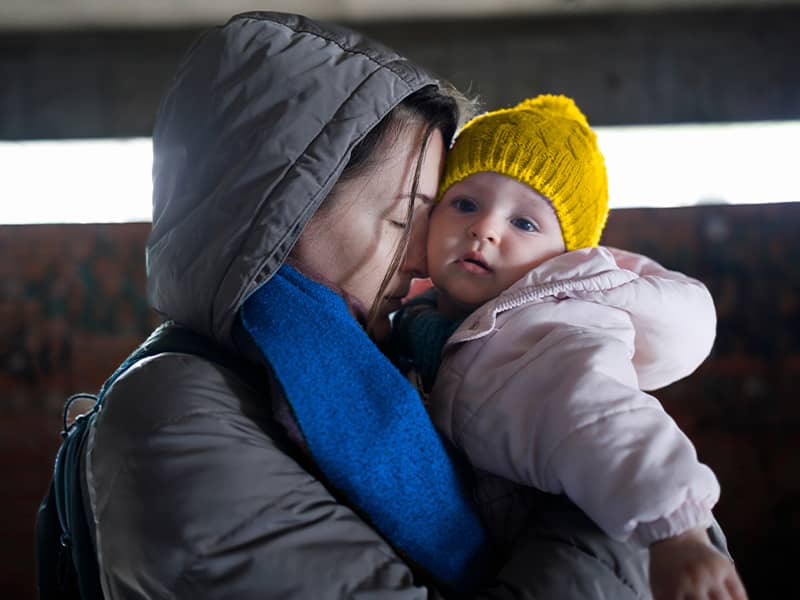A survey conducted last year found that 92% of black churches offer youth programs and 86% provide cash assistance to needy people.
"Black churches have a unique sort of way of blending their somewhat conservative and moderate theology with their more liberal social outreach and those sort of combinations seem to bring about a great sense of vitality," said the Rev. Stephen Rasor, director of the doctor of ministry program at the Interdenominational Theological Center, a consortium of six predominantly black seminaries in Atlanta.
Rasor and the Rev. Michael Dash, co-directors of the ITC/Faith Factor Project 2000, reported the results of the project's survey in Atlanta on March 21. The survey was part of the larger "Faith Communities Today" study released March 13 by Hartford Seminary's Hartford Institute for Religious Research, but the ITC's work focused on African-American congregations.
The survey results from the ITC report were based on interviews of clergy or lay leaders of 1,863 black churches across the country.
"We were pleased, overall, that the churches saw themselves as vital, as strong, as making major contributions to their community," Rasor said in an interview prior to the Atlanta news conference. "That cut across all denominational groups and all sizes of the church."
That sense of vitality was higher in African-American congregations than among liberal white Protestant churches, he said. The larger "Faith Communities Today" study -- which included 41 denominations -- also found that historically black churches are more likely than other Christian groups to focus on community service.
The ITC study reported that 76% of black congregations were involved in voter registration or voter education efforts. A total of 75 percent of the black churches had a food pantry or soup kitchen.
"What I think is happening is the black churches are made up of black men and women who've always struggled in this society, financially ... and otherwise," he said. "Their theology is grounded in the knowledge that God is calling them to liberate, transform both institutions and people."
ITC President Robert Franklin was among African-American religious leaders who met with President Bush on Monday to discuss the new White House Office of Faith-Based and Community Initiatives. He said the study has "urgent implications" for that office.
"We are excited to learn that most black churches provide services to people who do not belong to their congregations," Franklin said in a statement. "Yet it is sobering to learn that the range and depth of that community service is limited by the very thin financial resource base supporting the entire church."
Among other things, the survey also found that a wide variety of music is used in African-American churches.
Rasor said researchers found that spirituals are "overwhelmingly" used in black churches but the frequency of their use declines as the educational level of the church's leader increases.
"My guess is, as a sociologist, that it's the influence of the denominational groupings that have more openness to classical music and more traditional music and less openness to spirituals and gospel, but kind of a European bias to what is appropriate or less appropriate," he said.
The study included congregations that were part of historically black Christian denominations, including African Methodist Episcopal, African Methodist Episcopal Zion, Christian Methodist Episcopal, Church of God in Christ, National Baptist Convention of America, National Baptist Convention, USA, and Progressive National Baptist Convention. It also included black congregations in the Presbyterian Church (USA) and United Methodist Church.

